NERA stands for: Netherlands Energy Research Alliance
Our organisation comprises of almost all academic research organisations in The Netherlands that conduct Energy Research.
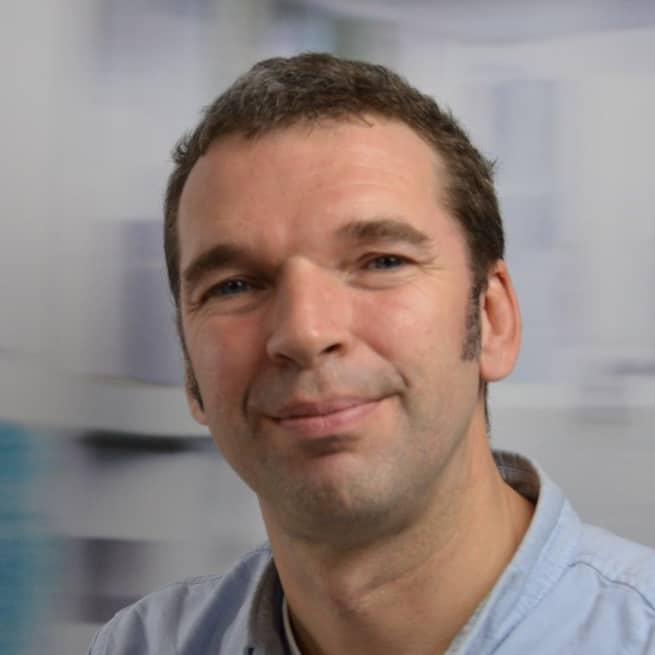 Welcome
Welcome
Achieving sustainable energy for everyone is one of the biggest challenges we are facing. For a fast transition we need new and better technologies, but we also need to apply them at scale. Many researchers in the Netherlands are committed to developing knowledge and technologies that help to make the energy transition a reality.
Within the Netherlands’ Energy Research Alliance, universities and research institutes cooperate on energy. Together, we develop the energy research agenda and we advocate strong and effective programmes for energy R&D. We exchange knowledge between the members, but we also want to share our knowledge with the world.
Visit the “Our people” page to find out who is who at NERA.
And please subscribe to the NERA Newsletter and follow the NERA LinkedIn account to stay up-to-date on relevant developments regarding Energy Research.
The aim of this website is to make the Netherlands’ energy research accessible for everyone.
So do not hesitate to contact us if you need more information about Energy Research in The Netherlands!
André Faaij
Distinguished Professor Energy System Analysis
at the University of Groningen and chairman of NERA
If you are a professional working towards the Energy Transition, NERA can help you to find the relevant people and projects to help accelerate developments in Energy Research. This website is a starting point and provides you with an overview of energy research projects being conducted in The Netherlands. Please feel free to contact us for more information.
NERA aims for optimal knowledge sharing, coordination and cooperation in energy research for an effective and successful energy transition through:
- offering a platform for the Dutch energy research community
- informing, harmonizing and coordinating energy consortia and research initiatives (without direct active participating in research proposals and research activities) but by:
- Visibility of the energy research (-> website: www.nera.nl)
- Assistance in determining research priorities by making a research portfolio: Inclusion of blind spots in the research field and recognition of strengths (-> Scientific Board)
- Combining knowledge about energy themes, as in the National Science Agenda – route energy transition;
And: the positioning of Dutch energy research internationally, including participation in the EERA ExCo Board and trade missions.
NERA Board
The Board meets twice a year and sets out the strategic lines for NERA. The Board gives direction to the Scientific Board.
Click here for more information about the Board members.
NERA Scientific Board
The Scientific Board develops and communicates the position of NERA in the (inter)national energy (innovation) policy arena and in the (inter)national energy research community. The Scientific Board also acts as major advisor (solicited and unsolicited) of the Board on strategic energy themes and issues.
Click here for more information about the Scientific Board members.
NERA Working Group
The Working Group consists of academic staff members of NERA member organizations. The working group’s task is to mediate information and data from member organizations to NERA and the other way around and to act as linking pin to the energy research community of their respective organizations.
Click here for more information about the Working Group members.
Lecturer platforms bring together the lectorates of universities of applied sciences in the Netherlands to work together on a long-term integrated approach to different issues.
This integral cooperation and approach, which involves multidisciplinary and intersectoral practice-oriented research, is necessary for innovation. This creates the opportunity to position practice-oriented research at universities of applied sciences in a nationally visible way.
LEVE Lecturers’Platform
Seven lecturers joined forces within the Lecturers’ Platform on Energy Supply in Balance (LEVE). They developed a shared vision of energy transition and formulated a research agenda. Their goal: energy balance in 2030.
The National Lecturer Platform Urban Energy
This Lecturer’s Platform is an initiative of the Centre of Expertise Smart Sustainable Cities, based at Utrecht University of Applied Sciences. It aims to enhance knowledge valorisation for the benefit of business. Within the theme ‘Urban Energy’ (energy in the built environment), the platform wants to form a bridge from practice-based and socially-oriented research to business. In doing so, the professorships work together with each other and with companies on projects. Acquired knowledge flows back into business and education. The National Lecturer Platform Urban Energy cooperates with other platforms, such as Lecturer Platform Energy Supply in Balance (LEVE), Lecturer Platform Biobased Economy, Lecturer Platform Circular Economy and Lecturer Platform Smart Cities and Citizens.
The National Lecturer Platform Built Environment (in Dutch: Nationaal Lectorenplatform Gebouwde Omgeving, also known as NL-GO)
This Lecturer’s Platform (NL-GO) combines the lectureships linked to Built Environment programmes of 14 universities of applied sciences in the Netherlands to work together on a long-term integrated approach to social issues. The aim is to cooperate and learn from each other and from regional partners. In addition to the interaction between scientific research and implementation in practice, NL-GO will emphasise the proactive introduction of development approaches from practice in (inter)national research programmes together with regional partners.
NERA members
The organisations that form NERA
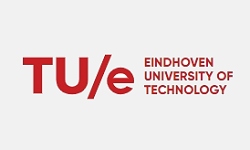
Eindhoven University of Technology
TU/e works towards a sustainable world that produces enough energy for its consumption, unimpeded by scarce resources and without any impact on the climate. Our research will help pave the way for this challenging transition.
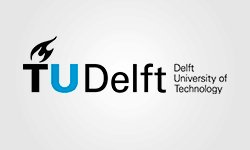
Delft University of Technology
TU Delft is the oldest and largest Dutch public technological university. The main tasks include providing scientific education, conducting scientific research, transferring knowledge to society and promoting social responsibility.
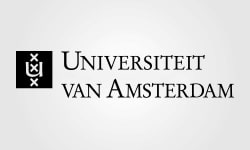
University of Amsterdam
The University of Amsterdam (UvA) is ambitious, creative and committed: a leader in international science and a partner in innovation. UvA ranks among the international top institutions of higher education. Energy and sustainability are key in many research and education programmes at UvA.
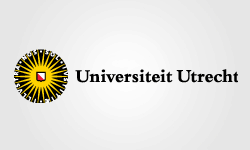
Utrecht University
Utrecht University is a wide-range, international research university of high standing. Our interdisciplinary research targets four themes: Life Sciences, Pathways to Sustainability, Dynamics of Youth and Institutions for Open Societies. We are a trailblazer in the field of modernising educational concepts.
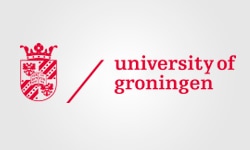
University of Groningen
The University of Groningen is a research university with a global outlook, deeply rooted in Groningen, City of Talent. Quality has had top priority for four hundred years, and with success: the University is currently in or around the top 100 on several influential ranking lists.
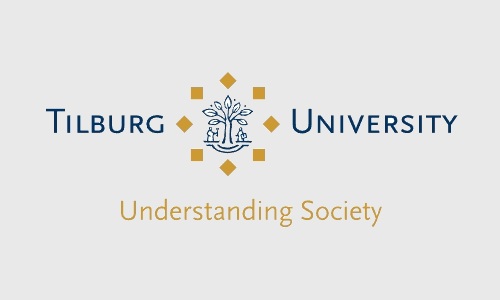
Tilburg University
At Tilburg University, we seek to study and understand society and in this way we contribute to solving complex societal issues. That is what drives us. And we achieve it through state-of-the-art knowledge in the disciplines of economics, business studies, and entrepreneurship, the social and behavioral sciences, law and public governance, the humanities and digital sciences, and theology.
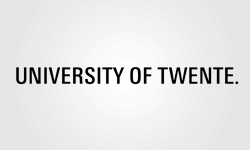
University of Twente
At the University of Twente, we are pioneers in fusing technology, science and engineering with social sciences to impact the world around us. Our driving force is a deep sense of connection with people who share a curious, entrepreneurial spirit.
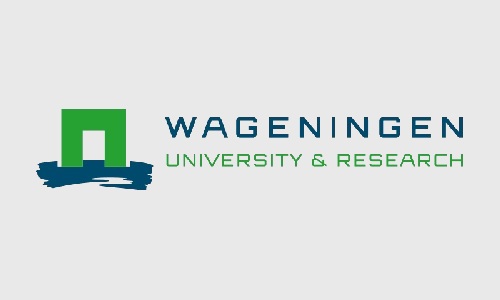
Wageningen University
‘To explore the potential of nature to improve the quality of life’ That is the mission of Wageningen University & Research. We are a world leading institute in the field of natural resources, agriculture, food, foodproduction and biobased solutions. Our approach is multidisciplinary. Our research is fundamental and application oriented, strongly related to the sustainable development goals and societal challenges in our domain.
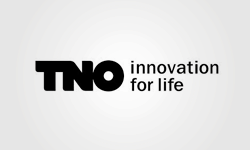
TNO
TNO connects people and knowledge to create innovations that boost the sustainable competitive strength of industry and well-being of society. This is our mission and it is what drives us, the 2,600 professionals at TNO, in our work every day.
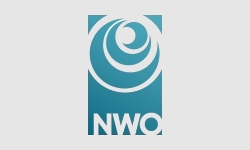
The Dutch Research Council (NWO)
NWO's mission is to advance world-class scientific research that has scientific and societal impact. NWO approaches that from its vision of being a connector and is guided by its core values: groundbreaking, committed, reliable, and connecting. As a science funder, NWO facilitates excellent, curiosity-driven disciplinary, interdisciplinary and multidisciplinary research. NWO also operates nine national research institutes through NWO-I, an independent foundation. Energy research is performed at the NWO institutes DIFFER, AMOLF, CWI and NIOZ where DIFFER has a specific focus on Energy (see below).

DIFFER
NWO institute DIFFER conducts fundamental scientific research into materials, processes and systems for a global sustainable energy infrastructure, in close cooperation with (inter)national knowledge institutes and companies. DIFFER’s research is organized within the themes Fusion Energy and Solar Fuels.
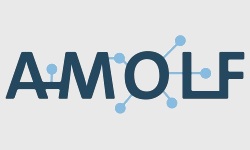
AMOLF
NWO institute DIFFER conducts fundamental scientific research into materials, processes and systems for a global sustainable energy infrastructure, in close cooperation with (inter)national knowledge institutes and companies. DIFFER’s research is organized within the themes Fusion Energy and Chemical Energy."